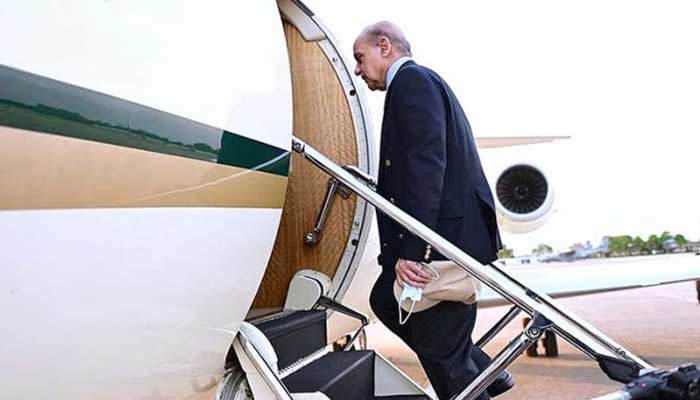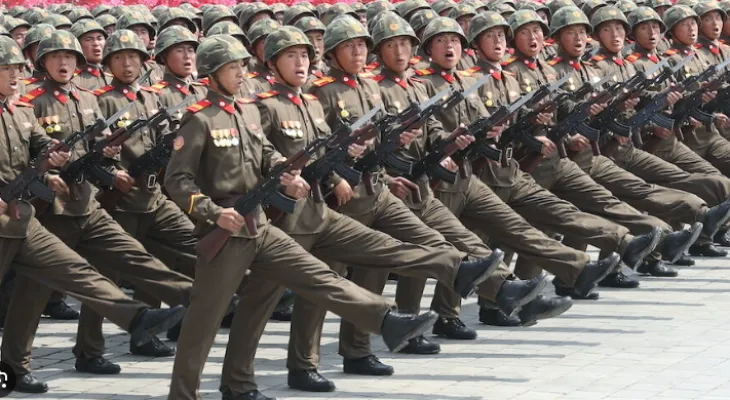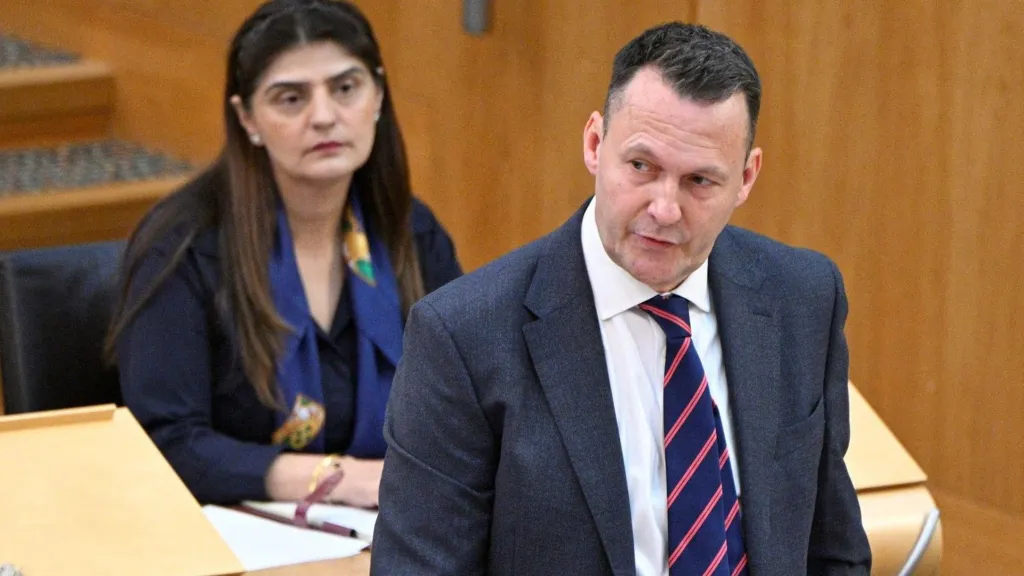Pakistan has once again sought Russia’s support for its bid to become a member of BRICS as the two countries reaffirmed their resolve to further strengthen bilateral ties.
The development came during a meeting between President Asif Ali Zardari and the visiting Parliamentary delegation led by Speaker of the Russian Federation Council Valentina Matvienko at Aiwan-e-Sadr, President Secretariat Press Wing said in a statement on Monday.
The statement said President Zardari sought Moscow’s support for BRICS membership that would greatly help Pakistan to enhance its role in regional and global cooperation through the alliance.
Pakistan had applied for BRICS membership last year in November.
At the recent media briefing, Foreign Office Spokesperson Mumtaz Zehra Baloch said, Pakistan was not invited to the BRICS meeting held recently.
“Pakistan is not a member of BRICS. Pakistan, as a developing country and an ardent supporter of inclusive multilateralism, believes that it can make important contributions in this grouping,” she added.
The spokesperson further said that by joining BRICS Pakistan can play an important role in furthering international cooperation and revitalisation of inclusive multilateralism.
BRICS, the group of major emerging economies, is named after Brazil, Russia, India, China and South Africa.
The bloc last year invited Saudi Arabia, Iran, Ethiopia, Egypt, Argentina and the United Arab Emirates to become members, in a move aimed at accelerating its push to reshuffle a world order it sees as outdated.
Bilateral ties
In the meeting between President Zardari and Russian delegation, both sides also expressed resolve to boost ties in the areas of trade, commerce, investment, agriculture and energy for the mutual benefit of the two countries.
The official statement said both sides underscored the importance of diversifying trade and economic cooperation, besides enhancing regional connectivity and commercial relations through the Belt and Road Initiative (BRI) and the North-South Transport Corridor.
The Russian speaker emphasised that her country accorded priority to its relationship with Pakistan and expressed confidence that her visit would further enhance bilateral cooperation.
She hoped that the signing of a memorandum of understanding between the parliaments of the two countries would further deepen bilateral relations.
She expressed satisfaction over the growth in bilateral trade and also conveyed the special greetings from President Putin.
Earlier today, Senate Chairman Yousuf Raza Gilani and the Russian speaker also signed an MoU on behalf of the parliaments of the two countries to strengthen bilateral relations.
On the occasion, Gilani said that the Russian speaker’s visit will be a stepping stone toward a brighter future of cooperation between Pakistan and Russia.
He welcomed Speaker Valentina Ivanovna Matvienko and her high-level delegation at the Senate of Pakistan, and hoped that we have much to learn from each other’s experiences.
The presence of our esteemed guests from Russian Federation is not only a testament to the strengthening friendship between our two nations but also a reminder of our collective commitment to nurturing parliamentary ties, he mentioned.
He added: “Today’s address of Federation Council of the Federal Assembly of the Russian Federation Ms Valentina Matvienko to Senate of Pakistan represents another important step in strengthening the growing ties between Pakistan and Russia; two nations connected by a shared commitment to regional stability, peace, and prosperity.”
Matvienko also expressed her satisfaction with the growing bilateral ties, underscoring the ample scope for deepening these historic relations.
Beginning her address to the Senate, Mitvineko expressed her gratitude on visiting Pakistan.
“On behalf of the entire Russian delegation, let me sincerely thank you for the hospitality and wonderful reception you have accorded us in Pakistan, and for the opportunity to speak in the Senate. It is a great honour for me,” she said.
“I am glad to visit your amazing country again, a country with an ancient history and culture, diverse and distinctive traditions,” Mitvineko added.
Mitvineko added that much needed to be done including the betterment of trade and economic ties between Pakistan and Russia.
“Much remains to be done here, including for the progressive development of trade and economic ties,” she told the Senate.
The Russian speaker reiterated the commitment of Russia and Pakistan to maintain relations
“Even in difficult times, Moscow and Islamabad continued to maintain relations,” she stated.











